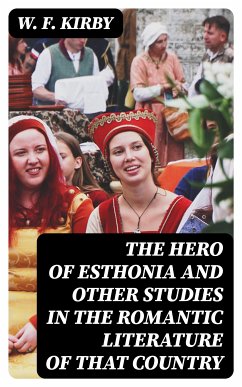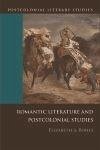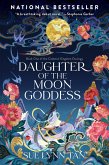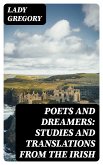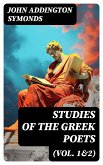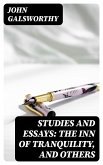In "The Hero of Esthonia and Other Studies in the Romantic Literature of That Country," W. F. Kirby delves into the rich tapestry of Estonian folklore and literary traditions, offering readers a compelling exploration of national identity through its romantic narratives. Kirby employs a lyrical prose style, blending analytical rigor with narrative storytelling, which not only captivates the reader but also invites them to ponder the deeper cultural implications underlying the tales. The book situates itself within the broader context of 19th-century Romanticism, shedding light on how Estonian literature reflects the tensions between folk heritage and modernity, with a particular emphasis on themes of heroism, nature, and the quest for self-determination. W. F. Kirby, a noted scholar in comparative literature, profoundly engaged with Baltic folklore throughout his career, from his travels in Estonia to his academic pursuits in folklore studies. His deep appreciation for the nuances of lesser-known literary traditions stems from a desire to give voice to narratives that contribute to the collective European heritage. This background equips Kirby to provide not only a scholarly analysis but also a passionate advocacy for the significance of Estonian Romantic literature. I highly recommend this work to anyone interested in folklore, national literatures, or the intersections of culture and identity. Kirby's scholarship not only enriches our understanding of Estonian literature but also serves as a reminder of the power of storytelling in shaping cultural consciousness.
Dieser Download kann aus rechtlichen Gründen nur mit Rechnungsadresse in A, B, BG, CY, CZ, D, DK, EW, E, FIN, F, GR, H, IRL, I, LT, L, LR, M, NL, PL, P, R, S, SLO, SK ausgeliefert werden.

